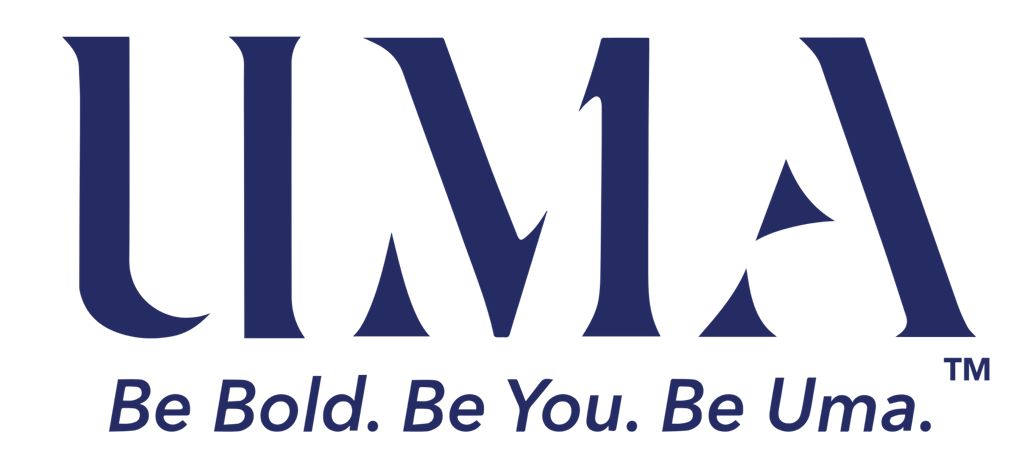Uma talks with an ex-commodities trader and career break mother who has found a renewed sense of empowerment through Uma…
During a recent Coffee and Conversation morning in NYC, we asked our Uma Fellow (name removed to preserve confidence) to share some of her experiences as a member of our Uma network.
Uma: As a mom who took a career break to raise kids, tell us why it was important for you to connect with other women going through the same transition?
UF: Since my son was born, I have lived in the mom world. I meet other mothers from dusk to dawn, from morning drop off until we retire after a class or a play date. The Uma event was an opportunity to not only connect with moms who have stepped out of the “real world” to nurture and care for their little ones, but also importantly, to discuss our personal journey and struggles.
The diversity of the group was a testament to how women from varied backgrounds face the challenges of being a stay-at-home mom. There were moms from all over the world including China, Singapore, India, Israel, Americas, and Europe. We discussed the difficulty of transitioning from working women to full time mom and back. While our backgrounds may be different, we had one cause in common, the stigma of staying at home or simply being a so-called “stay at home mom.” The unanimous sentiment was that this term has come to be associated with more insults than praises.
Uma: What kind of impact did this connection leave on you?
UF: As I connected with the other women at this event, I discovered I had finally found my voice and true spirit of who I really was. I left alive and blood gushing through my veins again. Sounds a bit dramatic, doesn’t it? Trust me, there isn’t an ounce of drama in this.
Uma: You have said the conversations were particularly empowering for you. What did you learn that was so impactful?
UF: The conversations reinforced my belief that contrary to popular opinion, being a stay at home mom isn’t a cakewalk. It is a larger than life commitment that requires tremendous sacrifice of one’s self, both physically and mentally. What did these moms do before they made this huge leap of sacrifice? They were all high aspiring career women including lawyers, traders, and bankers who did complete justice to their work. But then one fine day, as god would have it, we are also to be the child bearers, so we do play that part as well.
Uma: Do you feel that women are given a “mom penalty” for taking a break from work to raise children?
UF: Absolutely. We are deemed ‘unfit’ to do exactly or perhaps even less of what we did just before we took the time to bear a child and raise them for a short period, at least compared to the time we took to get educated and make something of a career.
Uma: What are some key perceptions that you would like to challenge and what changes would you like to see in attitudes?
UF: Society in general and professional organizations in particular need to realize that women are not rendered incapable of being productive workers after childbirth. Motherhood is a pivotal role and shaping the lives of little children should not be taken for granted. We need to pave the way for acceptance of the hard and beautiful journey that women go through after childbirth, and how they efficiently and flawlessly multi task the role of being a stay at home mom.
Uma: How has Uma helped you along this journey of empowerment and connection with other moms?
UF: Uma’s approach of a soft reentry into the workforce can be life changing for many moms and I want to thank them for their work. The workshops and networking events are inspirational and remind women that they have the power to do anything because there is no limit to what we as women can accomplish.

